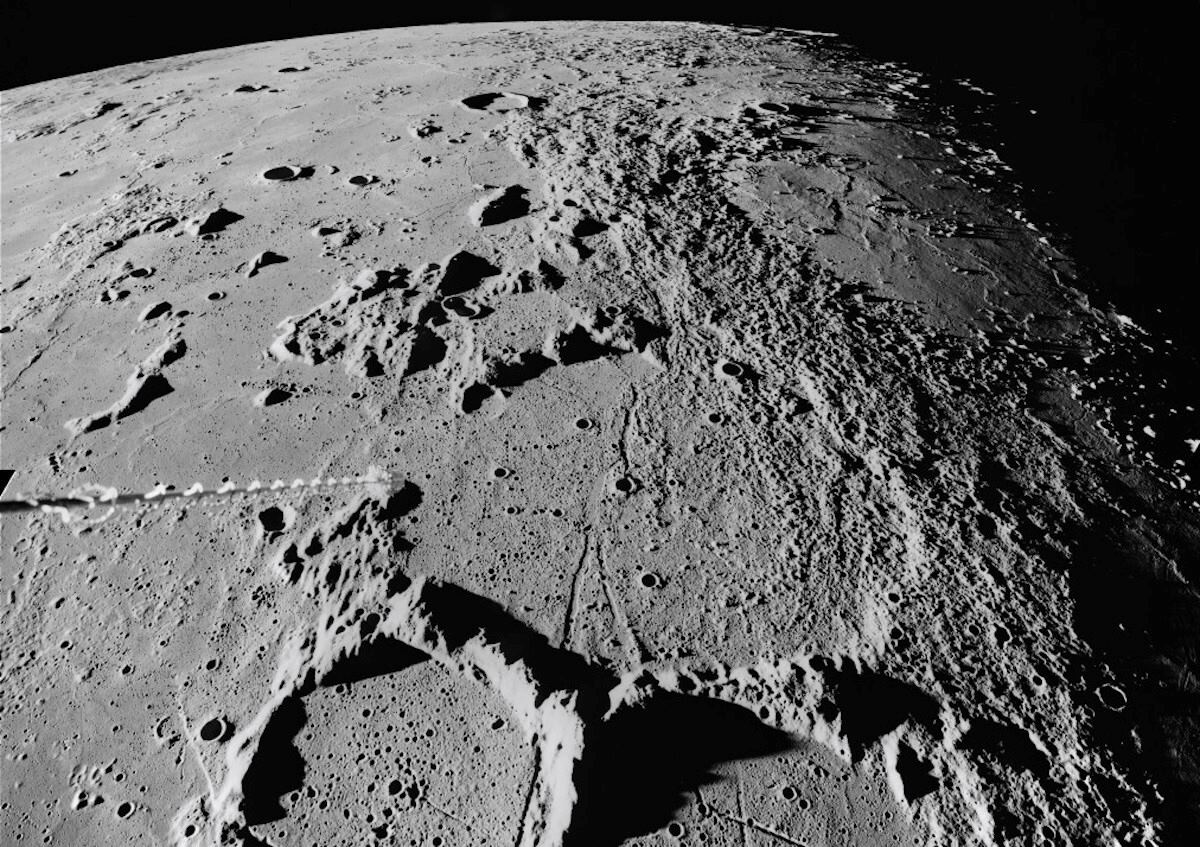
Houston, we have a problem! But what exactly is it? Houston, the largest city in Texas, is a bustling metropolis known for its diverse culture, space exploration, and vibrant arts scene. Yet, there's so much more to this city than meets the eye. Did you know Houston has the largest medical center in the world? Or that it’s home to the first traditional Hindu temple in the U.S.? From its underground tunnel system to its impressive culinary landscape, Houston is full of surprises. Whether you're a local or a visitor, these 38 facts about Houston will give you a fresh perspective on this dynamic city. Buckle up and get ready to be amazed!
Key Takeaways:
- Houston is famous for its space legacy, diverse culture, economic power, sports scene, unique climate, education, green spaces, and delicious food. It's a vibrant city with something for everyone to enjoy!
- Houston's rich tapestry of cultures, robust economy, and vibrant sports culture make it a unique and exciting place to live and visit. From space exploration to Tex-Mex cuisine, Houston has it all!
Houston's Space Legacy
Houston is synonymous with space exploration. The city's connection to NASA and space missions has made it a household name.
- NASA's Johnson Space Center is located in Houston. This center is the hub for human spaceflight training, research, and mission control.
- The famous phrase, "Houston, we have a problem," was uttered during the Apollo 13 mission in 1970. It signaled a critical malfunction on the spacecraft.
- Mission Control Center in Houston has overseen every American manned space mission since Gemini IV in 1965.
- The Lyndon B. Johnson Space Center was named after the 36th President of the United States, who was a strong advocate for space exploration.
- Space Center Houston is the official visitor center of NASA Johnson Space Center, offering public tours and educational programs.
Houston's Diverse Culture
Houston is a melting pot of cultures, offering a rich tapestry of traditions, cuisines, and festivals.
- Over 145 languages are spoken in Houston, making it one of the most linguistically diverse cities in the United States.
- The city hosts the Houston Livestock Show and Rodeo, the largest livestock exhibition and rodeo in the world.
- Houston's Museum District features 19 museums within a 1.5-mile radius, including the Museum of Fine Arts and the Houston Museum of Natural Science.
- The Houston International Festival celebrates the city's cultural diversity with music, food, and art from around the world.
- Chinatown in Houston is one of the largest in the United States, offering a wide array of Asian cuisines and shops.
Houston's Economic Powerhouse
Houston's economy is robust, driven by various industries including energy, healthcare, and aerospace.
- Houston is known as the Energy Capital of the World due to its vast number of oil and gas companies.
- The Texas Medical Center in Houston is the largest medical complex globally, with over 106,000 employees.
- Port of Houston is one of the busiest ports in the United States, handling a significant portion of the nation's cargo.
- Houston's economy is the fourth largest in the United States, trailing only New York, Los Angeles, and Chicago.
- The city is home to 24 Fortune 500 companies, including ConocoPhillips, Sysco, and Halliburton.
Houston's Sports Scene
Houston boasts a vibrant sports culture, with teams in nearly every major league.
- The Houston Astros won their first World Series in 2017, bringing pride to the city.
- NRG Stadium is home to the Houston Texans and was the first NFL stadium with a retractable roof.
- The Houston Rockets have won two NBA championships, in 1994 and 1995.
- BBVA Stadium hosts the Houston Dynamo, the city's Major League Soccer team.
- Minute Maid Park is the home of the Houston Astros, featuring a retractable roof and a unique train that runs along the outfield.
Houston's Climate and Geography
Houston's unique climate and geography shape its lifestyle and environment.
- Houston's climate is classified as humid subtropical, with hot summers and mild winters.
- The city is prone to hurricanes and flooding, with Hurricane Harvey in 2017 being one of the most devastating.
- Buffalo Bayou runs through Houston, offering scenic parks and recreational activities.
- Houston is the largest city in the United States without formal zoning laws, leading to a unique urban landscape.
- The city covers an area of over 600 square miles, making it larger than the state of Maryland.
Houston's Education and Innovation
Houston is a hub for education and innovation, with numerous institutions and research centers.
- Rice University is one of the top private research universities in the United States, located in Houston.
- The University of Houston is a major public research university, known for its strong engineering and business programs.
- Texas Southern University is one of the largest historically black universities in the nation, located in Houston.
- Houston is home to the Texas Medical Center Innovation Institute, fostering healthcare startups and innovations.
- The Houston Public Library system includes 44 branches, offering extensive resources and programs for the community.
Houston's Green Spaces
Despite its urban sprawl, Houston offers numerous parks and green spaces for residents and visitors.
- Hermann Park is one of Houston's oldest and most popular parks, featuring the Houston Zoo and Miller Outdoor Theatre.
- Memorial Park is nearly twice the size of New York's Central Park, offering extensive trails and recreational facilities.
- Discovery Green is a 12-acre park in downtown Houston, hosting events, concerts, and public art installations.
- Buffalo Bayou Park offers 160 acres of green space along the bayou, with trails, gardens, and a skate park.
- The Houston Arboretum and Nature Center provides a sanctuary for native plants and wildlife, with educational programs for all ages.
Houston's Food Scene
Houston's culinary scene is as diverse as its population, offering a wide range of flavors and cuisines.
- Houston is known for its Tex-Mex cuisine, blending Mexican and Texan flavors into unique dishes.
- The city boasts over 10,000 restaurants, representing more than 70 countries and American regions.
- Crawfish boils are a popular tradition in Houston, reflecting the city's proximity to Louisiana and its Cajun influences.
Houston's Fascinating Facts
Houston's got a lot more than just space missions. From its diverse population to its massive size, the city offers a unique blend of culture, history, and innovation. Did you know Houston's home to the largest medical center in the world? Or that it hosts one of the biggest rodeos? These facts barely scratch the surface.
Whether you're a local or planning a visit, there's always something new to learn about this vibrant city. Its rich history, bustling arts scene, and culinary delights make it a must-see destination. So next time someone mentions Houston, you'll have plenty of interesting tidbits to share.
Keep exploring, keep learning, and who knows? You might just find your next favorite fact about this incredible city. Houston truly is a place where the unexpected happens every day.
Frequently Asked Questions
Was this page helpful?
Our commitment to delivering trustworthy and engaging content is at the heart of what we do. Each fact on our site is contributed by real users like you, bringing a wealth of diverse insights and information. To ensure the highest standards of accuracy and reliability, our dedicated editors meticulously review each submission. This process guarantees that the facts we share are not only fascinating but also credible. Trust in our commitment to quality and authenticity as you explore and learn with us.


